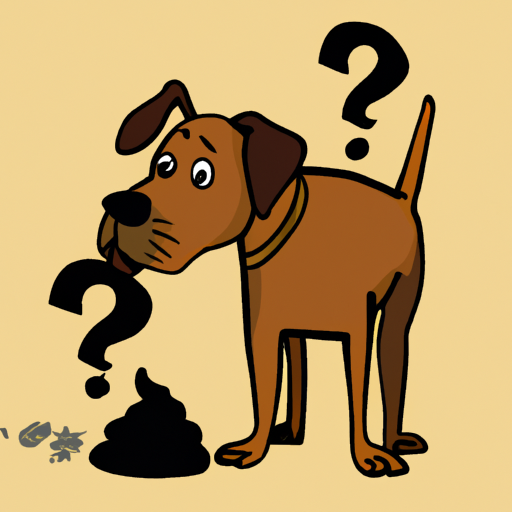As a caregiver, it can be shocking and a bit worrying to see your furry friend munching on their own, or another animal’s feces. But before you start panicking, let’s delve into the reasons behind this peculiar behavior and what you can do about it.
H2: Understanding Coprophagia
Coprophagia, the act of consuming feces, is a common behavior among many animal species, including dogs. It might appear disgusting to us, but for dogs, it can be a normal part of exploring their environment or fulfilling a nutritional need.
- Puppyhood Exploration: Puppies are known for their unending curiosity and eagerness to explore their surroundings. This often leads them to taste everything they come across, including feces.
- Nutritional Deficiency: Some dogs might eat feces due to a lack of certain nutrients in their diet. They instinctively try to supplement their diet by consuming feces, which still contain some undigested nutrients.
H2: Health Implications
While coprophagia is generally harmless, it can sometimes lead to health issues.
- Parasites: Consuming feces can expose your dog to harmful parasites like whipworms, hookworms, and roundworms.
- Disease Transmission: Feces can carry diseases such as parvovirus and distemper, which are highly contagious and potentially deadly.
H2: Preventive Measures
Here are some measures you can take to discourage this behavior:
- Keep their environment clean: Regularly clean your dog’s environment to remove any feces.
- Dietary changes: Consult your vet about your dog’s diet. If your dog is eating feces due to nutritional deficiencies, they might recommend dietary changes or supplements.
- Training: Train your dog to leave feces alone using commands like “leave it”.
H2: When to Seek Professional Help
If your dog’s coprophagia is persistent or causing health issues, it’s time to seek professional help. A vet or a professional dog behaviorist can provide further guidance and treatment options.
H2: Frequently Asked Questions
Here are some commonly asked questions about coprophagia in dogs:
Q: Can coprophagia lead to behavioral issues?
A: While coprophagia itself is a behavior, it’s generally not linked to other behavioral problems.
Q: Can I use deterrents to stop my dog from eating feces?
A: Yes, there are commercial deterrents available that can make feces taste unpleasant to dogs.
Q: Is coprophagia more common in certain breeds?
A: No, coprophagia can occur in any dog breed.
Q: Is it normal for my dog to eat cat feces?
A: Yes, some dogs are attracted to cat feces due to its high protein content.
Remember, as a caregiver, your dog’s health and well-being are in your hands. If you observe any unusual behavior, it’s always best to consult with a professional.



